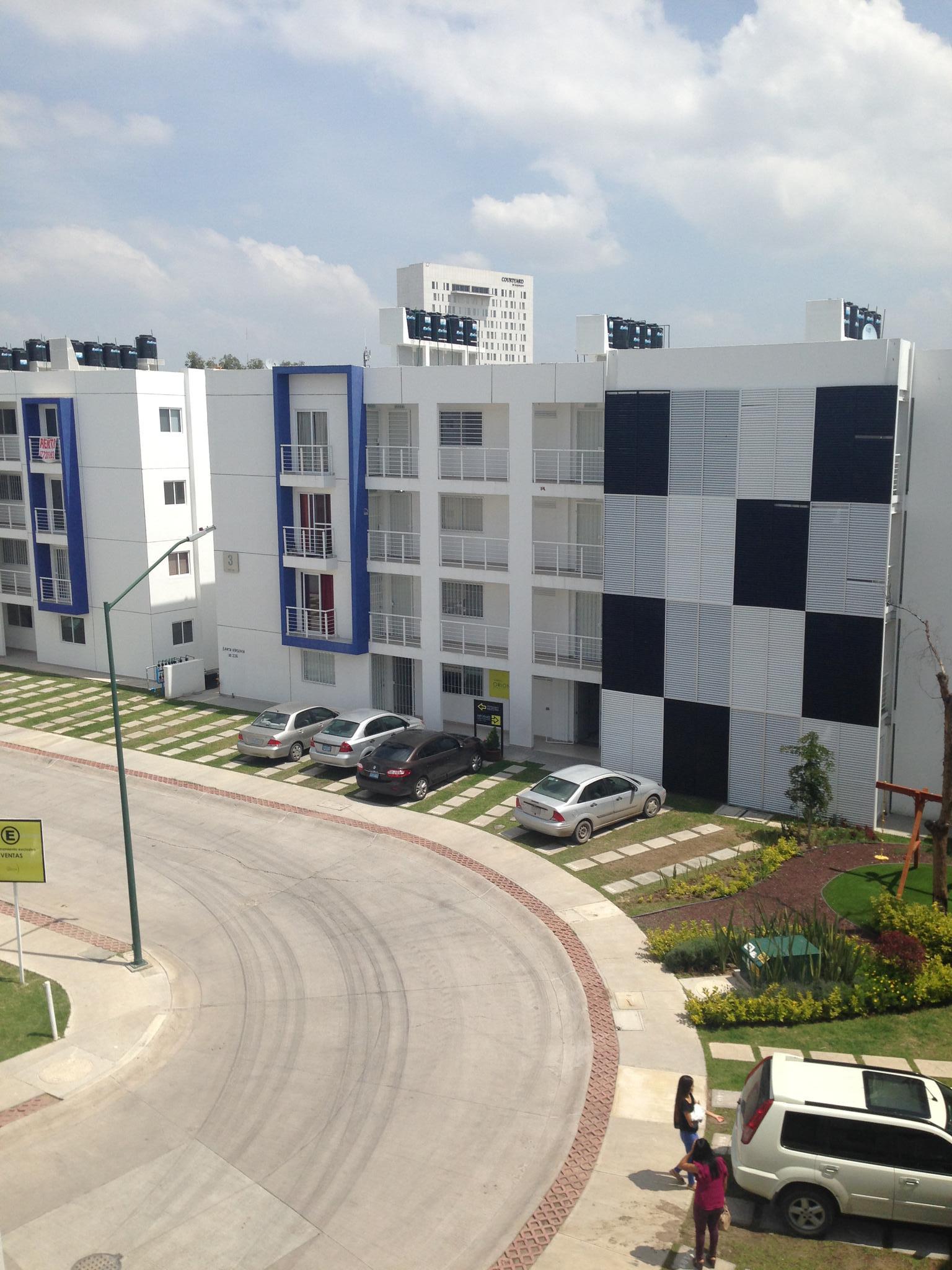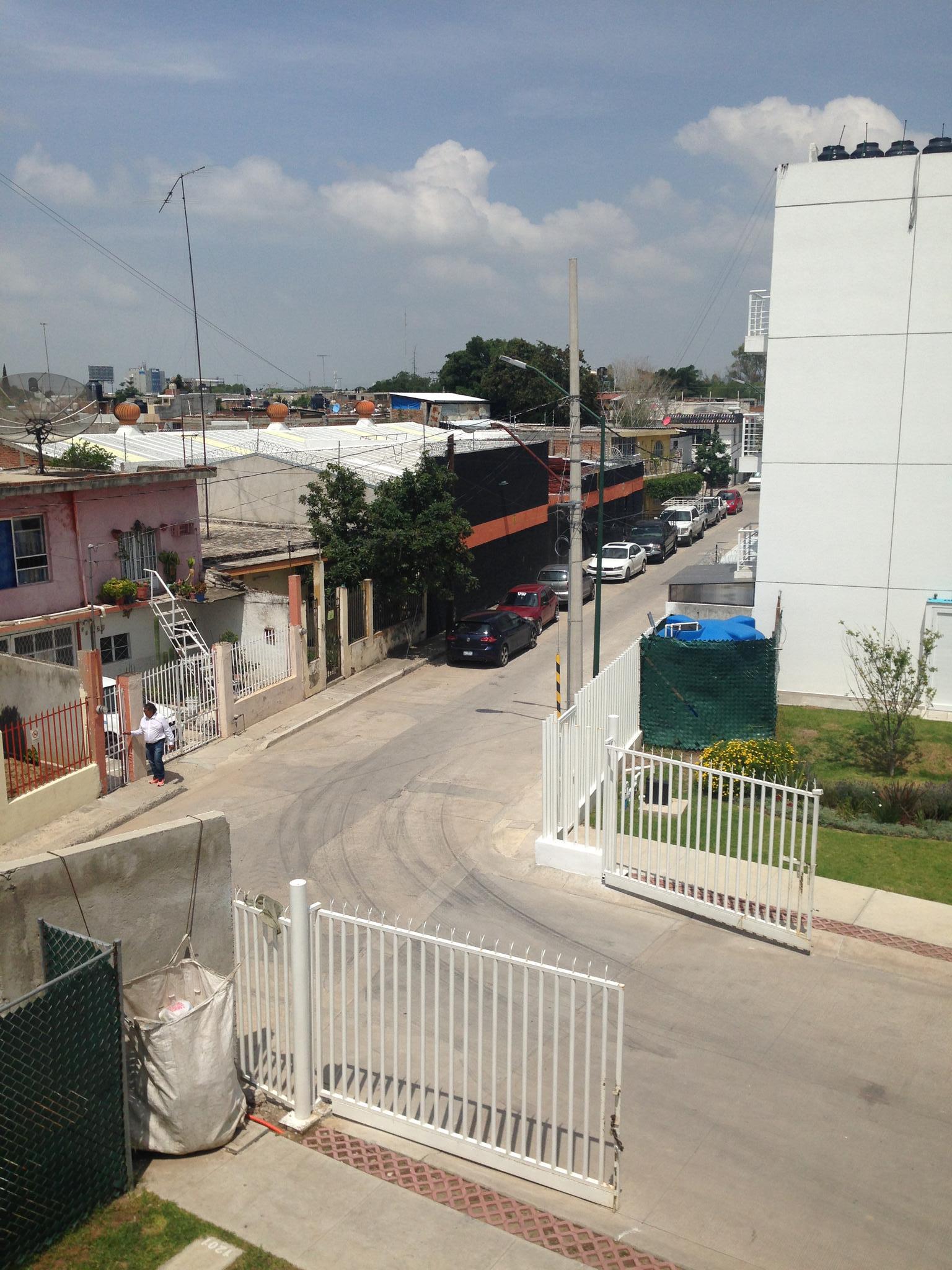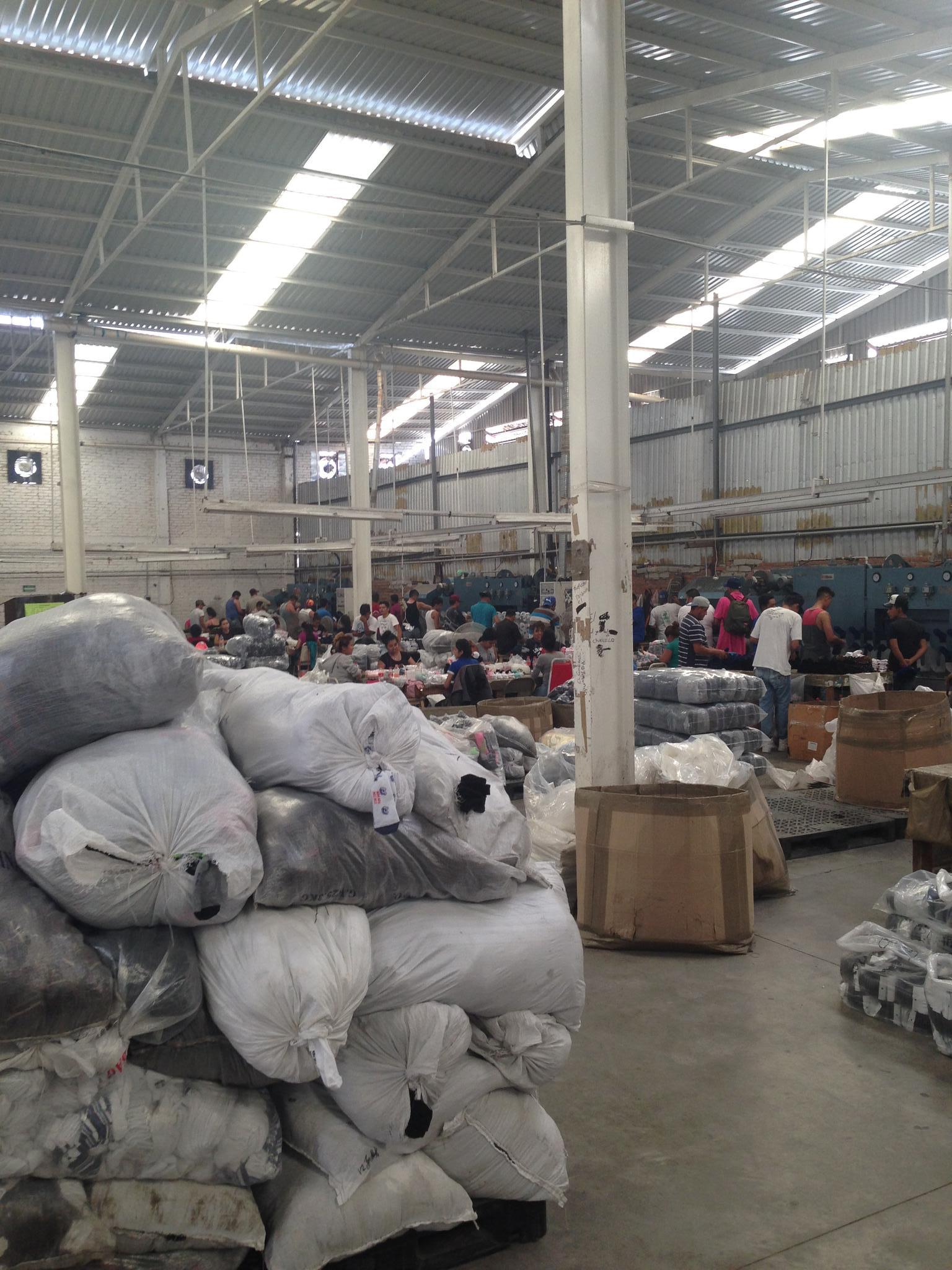Piles of Socks and New Apartments
What Leon, Mexico's sock industry and housing complexes tell us about foreign influence, inequality and manufacturing in Mexico
This is the first article in a multi-part series on Mexico. The first two articles look back to Mexico at the time of AMLO's election in July 2018 (visit article two here). The third and final article will looks at AMLO's first two years from the perspectives of multiple Mexicans.
Leon, Mexico
July 2018
The state of Guanajuato, Mexico, is home to many factories that produce goods for export and domestic consumption. Multinationals like Ford have expanded their presence in the state in the last decade, providing thousands of jobs. It is the home of ex-Mexican president Vicente Fox, who is a former Coca-Cola executive. Guanajuato is the only state that did not vote for the populist president Andres Manuel Luis Obrador, or AMLO, in the 2018 presidential election. As one driver in Leon, the largest city in Guanajuato state, says, “AMLO will make Mexico like Venezuela.” In other words, AMLO is a business-hating leftist like Maduro. Guanajuato state relies on business. Leave us alone.
The wealth from the factories is clear. In Leon, we stay in a very modern, newly built apartment complex that feels more comfortable than our previous home in Washington state. Between 5 and 7 pm, we saw workers returning home to the complex in modern sedans wearing suits or company shirts. Engineers, managers and foremen must live here.

Leon’s downtown is full of chic restaurants and bars. One neighborhood is full of leather shops with products produced from the region's cattle ranches. Throughout the city we notice various U.S.-style malls that include Starbucks, movie theaters and food courts. The city feels like it has money.
Next to our apartment complex, however, the streets are dusty and there is a decent amount of trash in the street which creates a strong contrast with the well-manicured lawns and new playground in the apartment complex. On this dusty street, there are older buildings made of concrete, mostly single-family homes.

A single-family home in Mexico, however, may mean that many members of an extended family live there — grandparents, cousins, uncles, aunts. They are the typical box structures ubiquitous in Latin America. Some are one story, others two, and maybe a few have three. The final stories on many of the houses are half-built, although there may be no sign of ongoing construction. This is because people build when they have money for materials and time. It is rare that they have enough of both at one time to finish the final story at one time.
The homes invariably have bars over the windows. The front doors have metal gates or, in some homes, there is a carport in front of the house that has a metal wall around it that serves as a barrier to the house itself.
Our apartment complex has a large metal gate to the parking lot that is shut at night. The entire complex is surrounded by a metal wall with barbed wire on top — exactly like a prison. Each apartment also has metal bars and metal gates on the front doors. Nothing is left to chance. The rest of Mexico must be kept out of this little sanctuary. A wealthy city like Leon has plenty of targets for robbers and kidnappers.
One evening, we take an Uber to three sock factories 40 minutes outside Leon. Factories and tanneries line the highway which shows the region's dependence on manufacturing. The sock factories, all within a few blocks of each other, are owned and managed by South Koreans, friends of my father-in-law. While the top manager speaks almost no Spanish or English, many of the South Korean factory floor managers speak Spanish well enough to communicate with the all Mexican workforce.
The South Korean floor managers appear to be in their fifties or maybe even sixties. Most were former floor workers themselves when South Korea made socks and other clothing in the 1970s and 1980s. As South Korea has developed and wages have risen, clothing factories have mostly left South Korea in search of cheaper wages in China, Vietnam, and Mexico. These former floor workers are using their knowledge to make a living thousands of miles away from home.
The sock factories employ about 1,000 Mexicans. The average wage is 400 dollars per month and the work week is 55 hours a week. The workday is 8 am to 7 pm with a half-day on Saturdays. One factory runs double shifts and is open 24 hours a day. The factories do offer performance bonuses and one free meal a day. Signs throughout the factory, however, remind workers that they will lose their performance bonuses if they waste materials. Transportation is also provided for workers, who often come from villages 40 minutes to one hour away. These villages are far from Leon, a different world from the glitzy apartment bars and restaurants we saw the day before.
The factories are steaming hot. The noise of machines is constant. We start sweating just walking around for twenty minutes. The workers hands move fast, like machines. The workers take time to stare at us and some of the younger ones giggle and laugh. It feels odd to be the privileged guests watching these people work so hard for so little.

Outside, we see a Korean floor manager yelling at a Mexican worker who is leaving early. The manager's face is beet red. Although in Mexico, the Koreans hold the power. They also make the money. The socks are sold exclusively in Mexico, not exported. Aside from the pittance the workers make, the profits all go to Koreans.
We accompany the top manager to his office across the street. Inside are sock designers, almost all Koreans, working at computers. Some do speak Spanish and most are in their twenties and thirties. I see two Mexicans in the office amongst about ten Koreans.
After coffee and tea in the office, we drive to a Korean restaurant in Leon. There are enough Koreans in Leon to support a Korean church and this restaurant. We eat Korean pork belly while most of the men (except me) drink soju, a chemical substance that will make you very drunk and then horribly hungover. Other Koreans do the same. For a moment we have completely left Mexico.
The manager's wife complains about how poor and dangerous Mexico looks. She wishes everywhere in Mexico could be like the beautiful touristy city of Guanajuato, the capital of the state of Guanajuato. She complains about the half-built buildings and garbage in the street, like next to our apartment complex. She lives in her own world, however, away from it all. She only visits her husband once or twice a year, living in clean, safe and first-world South Korea.
The manager’s top foreman, a younger Korean man, has a Mexican wife who comes with their son. She is sporting a large diamond ring. I ask how her husband’s Spanish is. She says not great. She speaks neither Korean nor English. I guess they communicate using his limited Spanish.
I begin to worry about how the manager, who has a car, will get home. He says drunk driving is not a big deal in Mexico. If you get caught, like he did recently, the police may take you to the station but if you pay a few thousand pesos (19 pesos was 1 dollar at the time) you can go free. Nothing for a foreigner making at least 5,000 dollars a month. Tonight, his wife will drive him home.
We take Uber back to our apartment complex. I ask the driver what she thinks about the Koreans owning the sock factories. I say it makes me sad that thirty years ago both Koreans and Mexicans were making socks. Now, the Koreans own the sock factories in Mexico, the Mexicans are making the socks, and in South Korea they are designing the world’s best technologies and reaping the profits. She says in thirty years Mexico will still be making socks.

0 Comments Add a Comment?